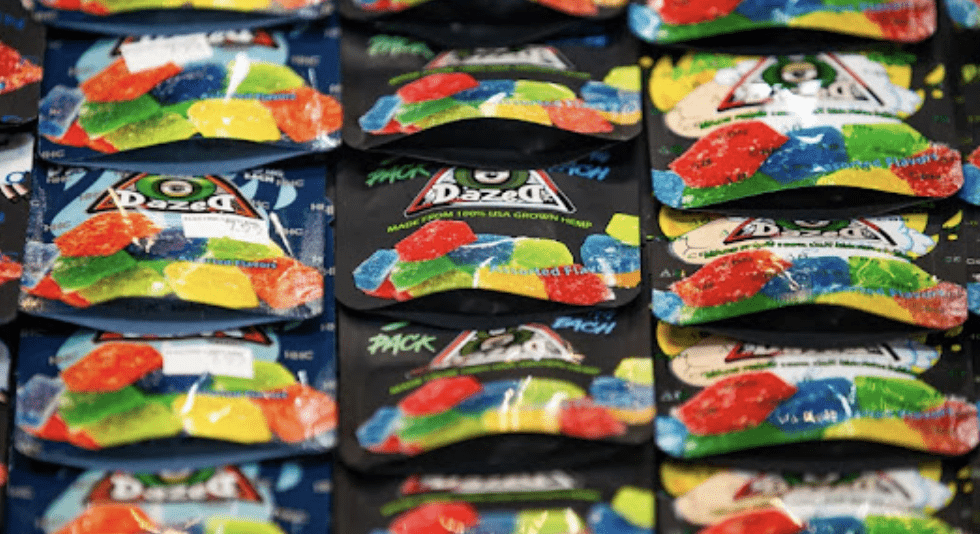Some Kentucky Hemp Products in Jeopardy Following DEA’s Latest Ruling

Correction: A previous version of this report incorrectly stated that delta-8 THC would be considered illegal under the new DEA rule. Unlike delta-8 and -9 THC-O products, the DEA previously classified delta-8 THC products as not controlled substances as long as they’re extracted from the natural plant, not synthesized.
This is because delta-8 THC, as well as other hemp-derived cannabinoids like delta-10 THC, naturally occur in hemp plants.
Lexington, Ky.–On February 13, the U.S. Drug Enforcement Administration (DEA) issued an interim final rule on the legal status of hemp-derived delta-8 and -9 THC-O that could spell trouble for Kentucky’s rapidly growing hemp industry. The rule could have significant ramifications for the state’s economy, as Kentucky is one of the largest producers of hemp in the country.
The new DEA rule, which goes into effect immediately, clarifies that all “synthetically derived” tetrahydrocannabinols (THC) are classified as Schedule I drugs under the Controlled Substances Act. This means that any hemp-derived product that does not occur in nature is now considered illegal under federal law.
Delta-8 THC-O is not found naturally in hemp and is increasingly popular in Kentucky and other states where medical and recreational marijuana is not yet legal. It is considered more potent than delta-8 THC, which is found naturally in hemp and is chemically extracted. Both have psychoactive effects similar to marijuana.
Delta-8 is derived from hemp, which is legal under the 2018 Farm Bill. However, the DEA’s new rule classifies delta-8 THC-O as a synthetic compound and, therefore, illegal, because it is not found in nature. It has become increasingly common to blend the two substances together, which means any delta-8 THC product that contains even a trace amount of delta-8 THC-O is now illegal, as well.
Kentucky is one of the largest hemp producers in the country and has been a leader in the industry since hemp was legalized at the federal level in 2018. The state has more than 1,000 licensed growers, and the crop is estimated to be worth $100 million annually. The DEA’s new rule could disrupt the economics of the industry and cause significant economic losses for the state.
The DEA’s decision could also affect the availability of CBD products in Kentucky. Many of these products contain synthetic cannabinoids that are now considered illegal and could be taken off the market as a result of the new rule.
The DEA’s new rule is expected to face legal challenges from the hemp industry and other advocates. In the meantime, Kentucky’s hemp industry is left in a state of uncertainty, with many farmers and businesses wondering what the future holds.
Read more: THCO IS A SCHEDULE 1 CONTROLLED SUBSTANCE SAYS DEA – Cannabis Business Law
Top photo: Delta 8 THC gummies (Kentucky Health News)
Recommended Posts

Kamala Harris needs a VP candidate. Could a governor fit the bill?
Fri, July 26, 2024
After cyber-attack on Jefferson County Clerk, Fayette counterpart discusses precautions
Fri, July 26, 2024
An eastern Kentucky animal shelter is swelling this summer
Fri, July 26, 2024